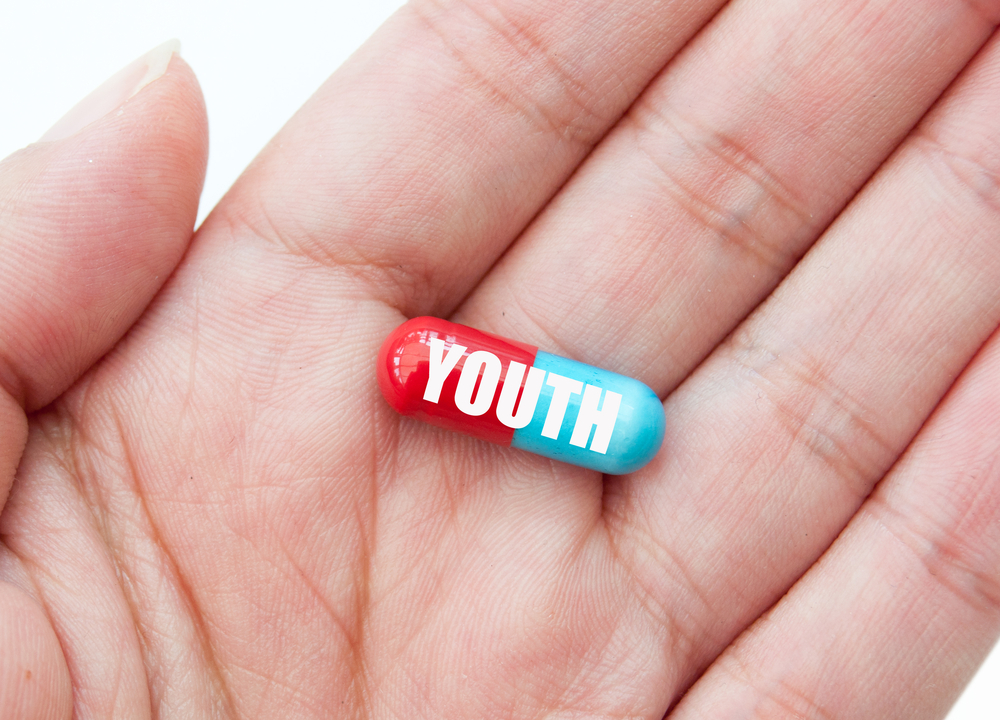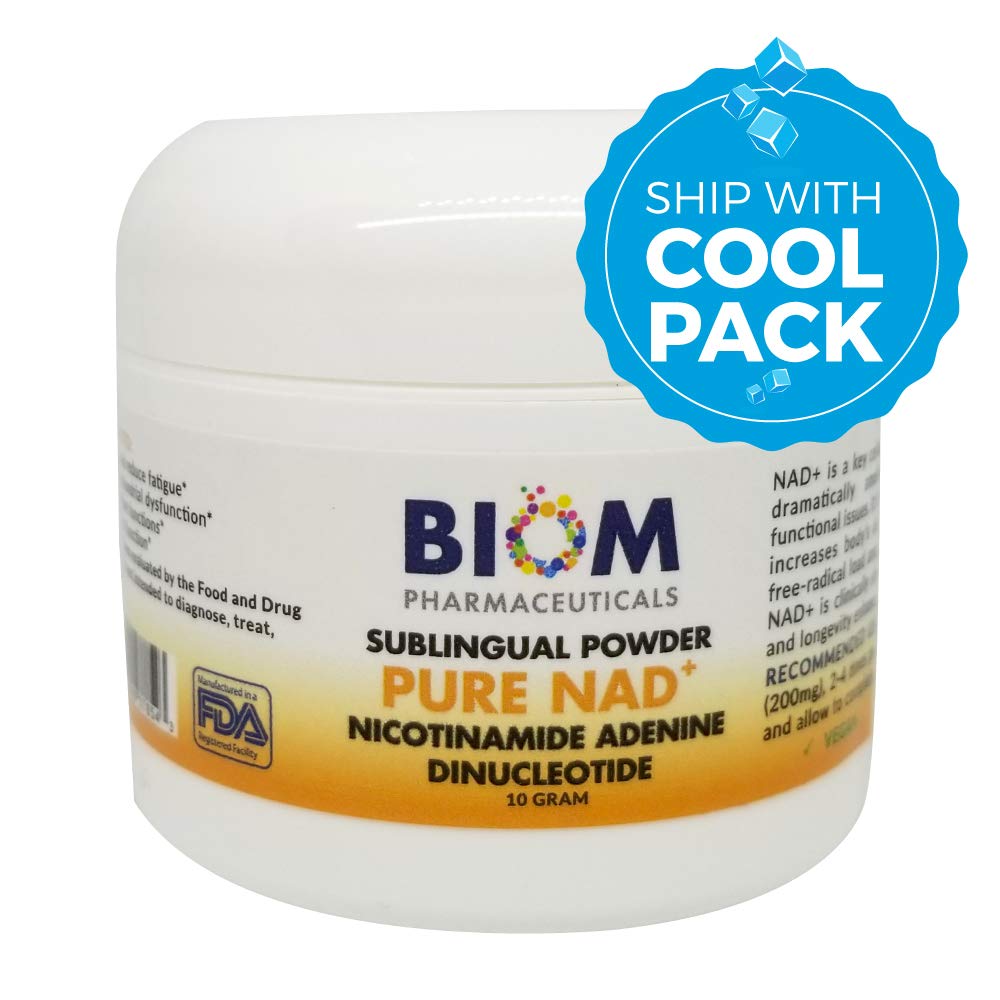Recently, a new molecule has been added to the list of possible anti-ageing drugs: nicotinamide adenine dinucleotide or NAD+ for short. As we age, levels of NAD+ decrease in many tissues of the body. As NAD+ is involved in many important biological processes, it is thought that this decline might contribute to ageing.
Increases in lifespan are one of the greatest success stories of modern society. Yet while most of us can expect to live longer, we are spending more years in ill health. Reducing this period of ill health at the end of life is the main aim of a group of scientists known as biogerontologists.
By studying ageing in animals, including fruit flies, worms and rodents, biogerontologists have identified biological phenomena involved with ageing that all these organisms share. And some of these biological processes may also regulate ageing in humans.
Read more… There Is No Such Thing As Healthy Aging
Why ageing should be classified as a disease
Scientists attempting to understand and improve the ageing process have identified many molecules that appear to improve ageing in these animals (although evidence in humans remains scant). These molecules include compounds found in grapes, apples and even bacteria.

Recently, a new molecule has been added to the list of possible anti-ageing drugs: nicotinamide adenine dinucleotide or NAD+ for short. As we age, levels of NAD+ decrease in many tissues of the body. As NAD+ is involved in many important biological processes, it is thought that this decline might contribute to ageing.
Research in mice has shown that replenishing NAD+ can improve many elements of ageing, including age-associated weight gain, enhanced physical activity, improved ability of the body to process carbohydrates and fats, and improved eye function. This has led some scientists to believe that increasing NAD+ levels is an exciting potential anti-ageing therapy.
Indeed, a new anti-ageing supplement called Nuchido TIME+, which is said to boost NAD+ levels, was recently launched in Las Vegas. Nichola Conlon, the founder of the company that makes the supplements, described the pills as a “breakthrough product in the world of anti-ageing”.
Their research has suggested that Nuchido Time+ increases NAD+ in middle-aged people to the levels of someone 15 years younger. So should we all start taking NAD+ supplements?
To guide this decision, we need to first understand the underlying research that has led to this product being released. Almost all the research into NAD+ and ageing has taken place using cells or animals – not people.
Although there are shared biological pathways that link ageing in animals and humans, human ageing is significantly more complex due to the markedly longer length of our lifespan and the complexity of our lifestyles.
It is very difficult to design a study that truly tests anti-ageing therapies because of ethical implications, the length of time humans live for and our complex lifestyles. Instead, studies on human ageing tend to focus on specific age-related conditions or biological changes that seem to occur naturally with age.
Evidence for NAD+ Supplements:
The results reported by Nuchido just tell us that they have been able to increase NAD+ levels more than anyone else, not that this increase has had any measurable improvement in people’s ageing under strict scientific conditions. This evidence may yet come but, for now, what we can say is that if you take Nuchido Time+ you are likely to replenish your NAD+ levels.
There is some evidence that NAD+ levels may be improved without the need for supplements, with dietary changes and exercise both being reported to alter NAD+ levels in some tissues.
While there is evidence that taking supplements to increase NAD+ levels is safe, there is very little evidence yet that NAD+ supplementation works as an anti-ageing agent in humans. One study has reported that NAD+ supplementation in older adults affected muscle cells, but beyond this, there is little to demonstrate that replenishing NAD+ has a marked impact on ageing.
Much more robust, controlled studies are needed before the effects of NAD+ supplementation on human ageing are better understood. For now, as Nuchido Time+ costs £55 for a 30-day supply, it may be better to focus on factors that are well established at improving ageing, such as eating a healthy diet and getting regular exercise.
Read more… How to stay fit into your 60s and beyond
James Brown, Senior Lecturer in Biology and Biomedical Science, Aston University
This article is republished from The Conversation under a Creative Commons license. Read the original article.
Though the research humans have not been finalised, I do take an NAD+ powdered supplement that I place under my tongue each morning to aid absorption into the systemic circulation. This decision, to not wait for the human research was driven by the reasons that;
1) it might take until it is too late for me given the likely long term usage requirement;
2) evidence that taking supplements to increase NAD+ levels is safe;
3) after reading the book ‘Lifespan: Why We Age – and Why We Don’t Have To’ (https://bit.ly/2LFNBA9) by an acclaimed Harvard professor and one of Time’s most influential people David Sinclair, one of the world’s foremost experts on ageing and genetics, and listening to him on various podcasts including Joe Rogan and Rhonda Patrick’s (embeds below).
Enjoy!
Scott


